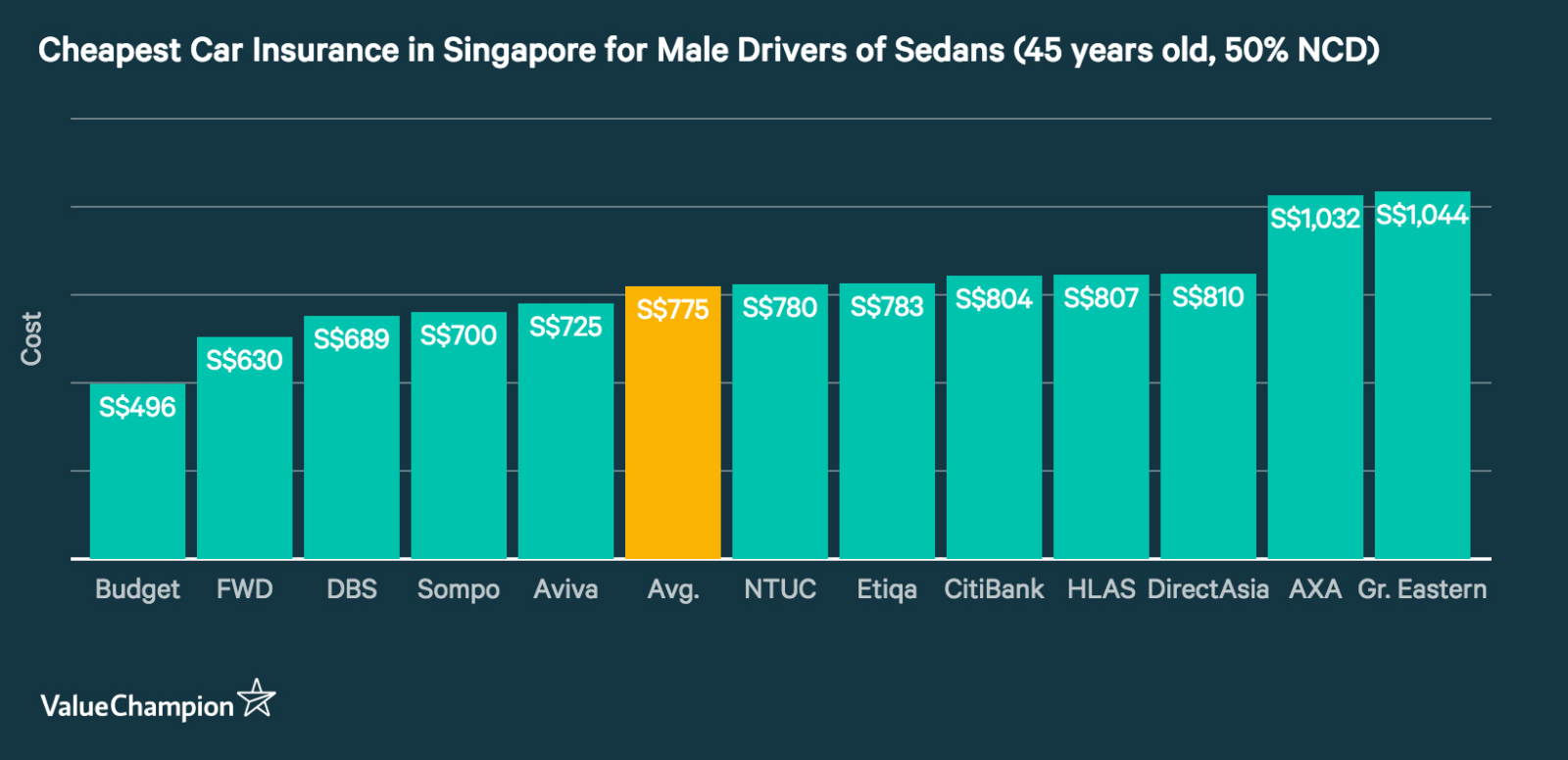4 Ways to Prevent Overspending on Insurance
With a plethora of news about shootings, car theft, terrorist attacks and domestic worker abuse recently, wary Singaporeans may start looking at ways to protect themselves. The most common way to do so is to take out a variety of insurance policies, be it car, life, health or something as a niche as art insurance. While some forms of insurance are made mandatory by the Singapore government, other types of insurance are left up to your buying discretion. While it may be tempting to purchase the most expensive policy because you think you may get the best coverage, the coverage may not represent reality and you may just end up overpaying for benefits you'll never need. Below, we outline some top ways to prevent yourself from overspending on your next insurance purchase.
Understand the true risk of events happening
When fear of the unknown takes over, we tend to overestimate our true exposure to risk. Events like getting murdered, dying in a plane crash or being a victim of terrorism is much lower than most people anticipate, yet people still attribute much higher statistical significance to these events. This is due to a myriad of factors from recent news stories that are still ingrained in your head to clever marketing campaigns set up by insurers that provide coverage for something statistically insignificant—albeit frightening—to get you to pay a higher premium.

Crunching some numbers to find out the risks you face due to your individual lifestyle can help you make the right decision when purchasing an insurance policy. Figuring out the true statistical probability of a particular risk happening to you (or to your car, home, etc.) over the course of your life, as well as the cost associated with mitigating it can help you choose an insurance policy that provides only the coverage you'll realistically need. That way, you won't be susceptible to spending 50-70% more on travel insurance for your next vacation just because you think you'll need S$2,000,000 in medical coverage.
Be careful of double-insuring
On the heels of over-insuring based on an overestimation of risk is double insuring. Essentially, this means that when you are purchasing a policy, you may be enticed by all the add-ons you can purchase and end up getting supplemental coverage that you already have. For example, let's say you are buying a home insurance policy and there is an option to add medical coverage. If you already have health insurance, this medical coverage is redundant and you will end up having to choose which insurer you want to claim under as you won't be allowed to claim under both. As another example, you'll find travel insurance policies that may offer home contents coverage—something you do not need to buy if you already have a comprehensive home insurance policy. While it can be a hassle to keep track of all your benefits, you can try to keep a list of your insurance policies and what they cover avoid frivolous and redundant spending.
Take the time to shop around for the best premium
Buying insurance is hardly a fun experience. After a long day at work, going home to pore over insurance quotes can seem downright miserable. However, taking the time to shop around is a surefire way that you won't end up buying the first policy you see and end up overspending. If you are having difficulty comparing rates on your own, there are sites that can help you compare multiple insurance plans on one page— significantly reducing your search time. Additionally, proper research can be very beneficial for your personal finances for very expensive policies like car insurance, whose annual premiums can go up into the thousands. For instance, taking the time to search around, you may find a car insurance policy that can cost less than S$1,000—or even around S$400 if you already have a 50% NCD as opposed to the average price of around S$1,700.

Purchase online rather than going to an agent
An insurance agent's goal is to get you to buy the most expensive policy because their commission is based on the amount of sales they generate. Therefore, you can avoid that trap by shopping for insurance policies online. There are several insurers who let you get online quotes and purchase plans straight from their website. Travel insurance, for instance, is readily available for purchase online, making it easy to compare rates and find a plan within your budget. While car and maid insurance also have options to purchase plans online in most cases, you will likely be tied in with your car dealer's or maid agency's insurance plan for the first year. However, you can still find a better policy after a year to save a meaningful amount of money. This is highly recommended especially if you notice that your benefits do not meet your needs (i.e. you don't think you have enough medical coverage for your domestic worker or on the other hand or you think you have too many unnecessary car benefits).
Lastly, when you purchase online you have full access to policy documents from all of the insurers you are comparing. These documents help explain your benefits and what will or won't be covered. If a certain benefit that intrigues you costs extra, you can read the policy wording can help you decide if it's worth your money (i.e. ski coverage may only cover rentals and not injuries).

